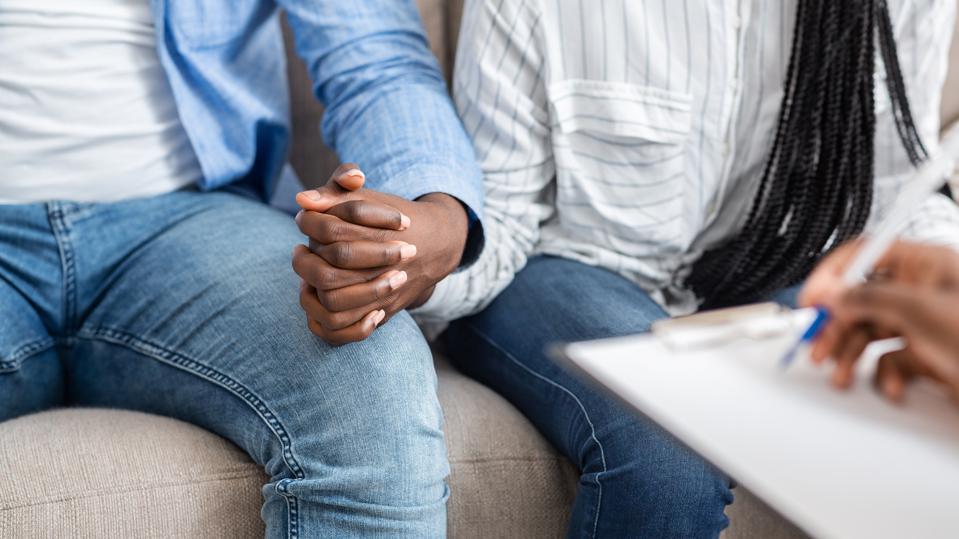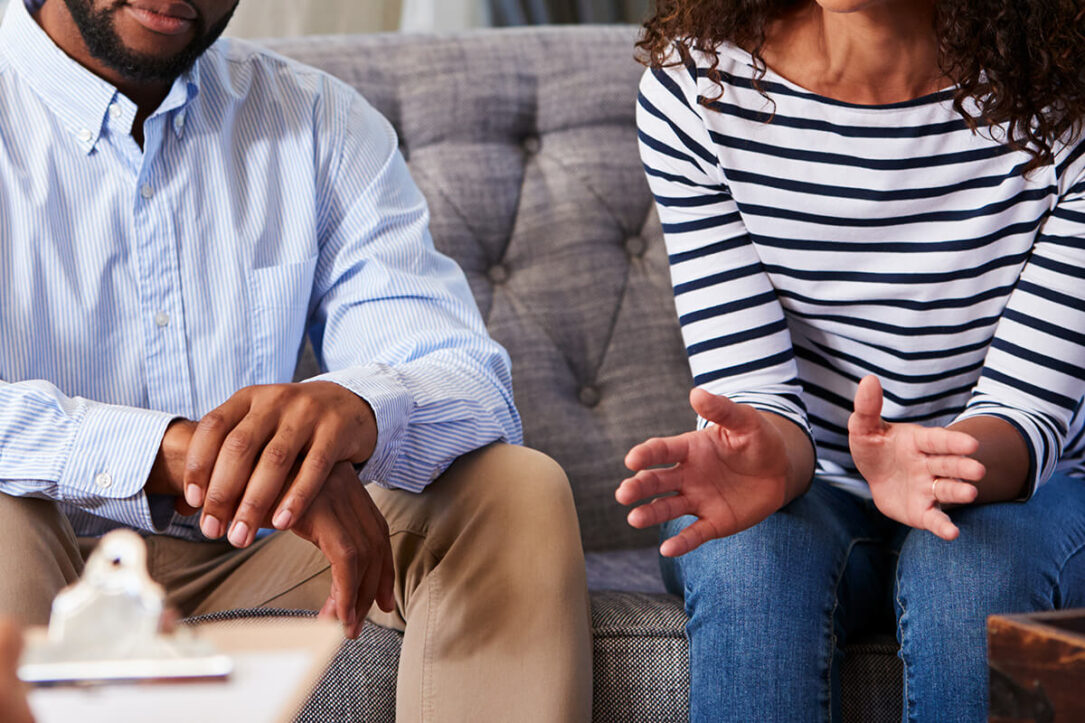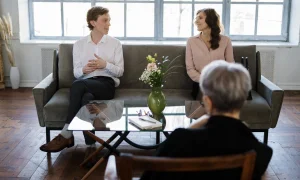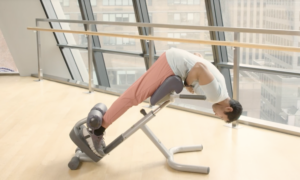Do you want to strengthen your relationship? Are you and your partner struggling to get closer?
Couples therapy can provide the tools for rebuilding bonds and creating lasting closeness. This article will offer insight into the various techniques that couples therapists employ to foster an even more meaningful connection.
Understanding the Dynamics of a Relationship
When both partners work together, creating a stronger emotional and physical bond is possible. In couples therapy, the technique of understanding each partner’s distinct roles in the relationship can help develop a deeper connection between the two individuals.
To start, both partners should identify their respective interpersonal dynamics in the relationship. By recognizing their own preferences, values, boundaries, and individual styles of communication and problem-solving, both individuals can better understand how they interact with each other. In this way, both partners can interpret each other’s behavior more accurately without making assumptions or misinterpreting intentions. Similarly, it helps to maintain awareness of how different behaviors from either party impact the relationship overall.
Therapists may suggest that couples examine how past relationships have shaped their current interactions as this will help them to be mindful of patterns that may interfere with forming intimacy if left unaddressed. It is also important to better understand nonverbal cues that signify potential disconnection within a couple and those cues that signify closeness and comfort between them. Together they can identify unique gestures or behaviors they share that bring comfort to one another; these acts form essential foundations for building stronger bonds between them in the present moment as well as allow for growth in what lies ahead in their relationship journey together.
Communication and Conflict Resolution

Source: extension.usu.edu
Good communication and the ability to resolve conflict are important skills for couples who want to build a strong, lasting bond. After all, relationships – both romantic and platonic – involve talking and dealing with disagreements. Establishing a healthy way of communicating can help couples foster mutual understanding, trust, and empathy.
Open communication allows partners to express their thoughts and feelings without judgment or criticism as it leads to a better understanding of each other’s interests and expectations. Conflict resolution is also key in such a relationship as it helps navigate tense conversations while allowing both partners to air their grievances in an open manner.
There are many techniques couples can use in order to strengthen their connection while dealing with conflicts they may encounter along the way. Here are a few that can help foster stronger bonds:
- Active Listening: Instead of defending yourself right away when someone brings up an issue, practice active listening by taking turns speaking about what’s bothering you without any interruptions so that you can better understand each other first before jumping into solutions.
- Reframing: When discussing an emotionally charged topic that involves anger or frustration from either party, reframing can be incredibly helpful in allowing both partners to see things from another perspective which encourages mutual understanding when trying to reach an agreement.
- Validation: Being able to empathize with each other’s feelings during any type of disagreement helps promote thorough dialogue in which neither party feels attacked or diminished because their feelings are understood more deeply.
- Compromise: Although compromise isn’t always easy for couples who may disagree on certain topics or issues, learning how to find middle ground between individuals is key in solving conflicts quickly while maintaining respect from both parties involved.
Establishing Goals and Expectations

Source: forbes.com
When couples enter counseling together, it’s important that both partners are in agreement about what they would like to gain from therapy. Establishing goals and expectations for the process helps to ensure that each partner’s needs are understood and addressed. Goals should be specific and measurable, such as having a date night once a week or addressing differences during conversations without name-calling or becoming defensive. It’s also important to develop realistic expectations of how the counseling process will work, i.e., setting manageable goals and respecting the boundaries of what your individual therapist can provide.
Communicating your goals up front sets the tone for the entire counseling process and encourages each partner to be honest and open with their feelings throughout therapy. Discussing expectations can help couples identify potential obstacles that may arise during their time together, providing a platform for open dialogue about possible solutions for overcoming them. Setting both short-term goals (what can be accomplished in a single session) and long-term objectives (what you hope to achieve over many sessions) is essential for achieving meaningful progress in therapy.
Exploring Emotions and Feelings

Source: talkspace.com
Talking about stray emotions and feelings can often be difficult for couples, as it is easy to misinterpret one another without being in the same emotional frame of mind. It is important to create an atmosphere of safety and understanding to make sure each partner feels heard and appreciated.
Couples should practice active listening in order to empathize such as avoiding any knee-jerk responses or passing judgement on what their partner is saying. This requires both partners to suspend their own defensive reactions with the goal of hearing each other’s point of view which can help allay any fears or anxieties, as well as understanding a situation from all angles.
Through empathy and active listening, one can gain clarity on how the other may be feeling which helps reinforce the bond between them. Couples should take time to discuss, explore and understand each other’s emotions by refusing to shut down over heated discussions, validating each other’s points, and when necessary negotiating common ground for compromise.
Enhancing Intimacy and Closeness

Source: mytherapistnc.org
In couples therapy, creating an atmosphere of safety and trust is essential to facilitate bonding and closeness. Fostering connection can involve behaviors such as validating each other’s thoughts, feelings, and experiences. Establishing physical touch – including just a hug or holding hands – can also be helpful in expressing care. In addition, couples may benefit from discussing shared goals and values, or identifying common interests that they can bond over.
It is also important to consider the communication patterns between both partners when attempting to enhance intimacy. Poor communication often stems from avoidance of difficult conversations or conflict which can lead to misunderstandings and resentment in relationships. It is important for each partner to speak up with respect when a difference arises; active listening and being mindful of one another’s needs allows for smoother conversations that encourages openness with each other’s feelings.
Conclusion
Building a strong bond between couples requires effort, consistency, and commitment. But by utilizing the right techniques, such as communication exercises and mindful activities, couples can make progress in strengthening their bond and creating lasting closeness. Couples therapy is an effective way to learn these skills while gaining valuable insight into each other’s feelings and emotions. By developing deeper understanding of one another through practice and guidance from a therapist, couples can foster a healthier relationship that will last for years to come.














